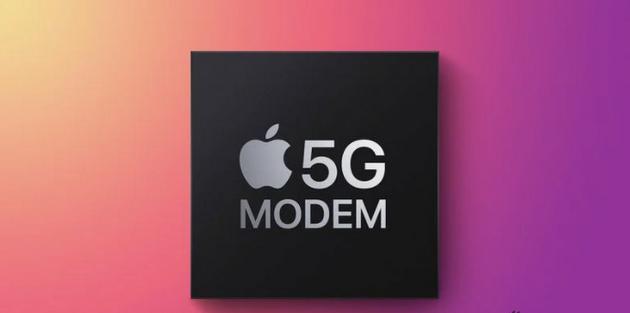On the morning of December 17, according to some foreign media reports, Apple is working on changing more chip development work to self-research to replace the current procurement from other suppliers.
Apple is hiring dozens of engineers at an office in Southern California to develop parts that could eventually replace the ones it currently procures from companies like Broadcom, Skyworks and Qualcomm. The office is located in Irvine, California, near Los Angeles, and is home to many major chipmakers.

According to the job posting, Apple is looking for employees with expertise in modem chips and wireless semiconductors who will work on radio, RF integrated semiconductors, and semiconductor research for connecting Bluetooth and WiFi.
"Apple's growing wireless chip development team is working on the next generation of wireless chips!" a job checklist said. Another employee said employees will "be at the heart of the wireless SoC design team and have a significant impact on the application of Apple's most advanced wireless connectivity solutions to hundreds of millions of products." ”
Apple signed a three-and-a-half-year deal with Broadcom in 2020, meaning it will expire in 2023. Under the terms of the agreement, Broadcom offers Apple "a specified set of high-performance wireless components and modules." ”
After the contract expires, Apple will no longer need to use Broadcom components, but can rely on its own components.
Apple has been working to bring more chip production in-house to reduce its reliance on third-party vendors. Apple, for example, is "going fairly well" in the development of a 5G modem chip, and when work on the chip is complete, the company will be able to stop sourcing 5G chips from Qualcomm.
There are current rumors that Apple's modem chip will be ready for the 2023 iPhone model, so Apple will continue to use Qualcomm chips in the iPhone 14 series.
Apple's longtime supplier, TSMC, will make Apple-designed 5G modems for the 2023 iPhone, Qualcomm has acknowledged that it expects to supply only 20 percent of the modems for the 2023 iPhone, and Apple will largely turn to its own 5G chips.